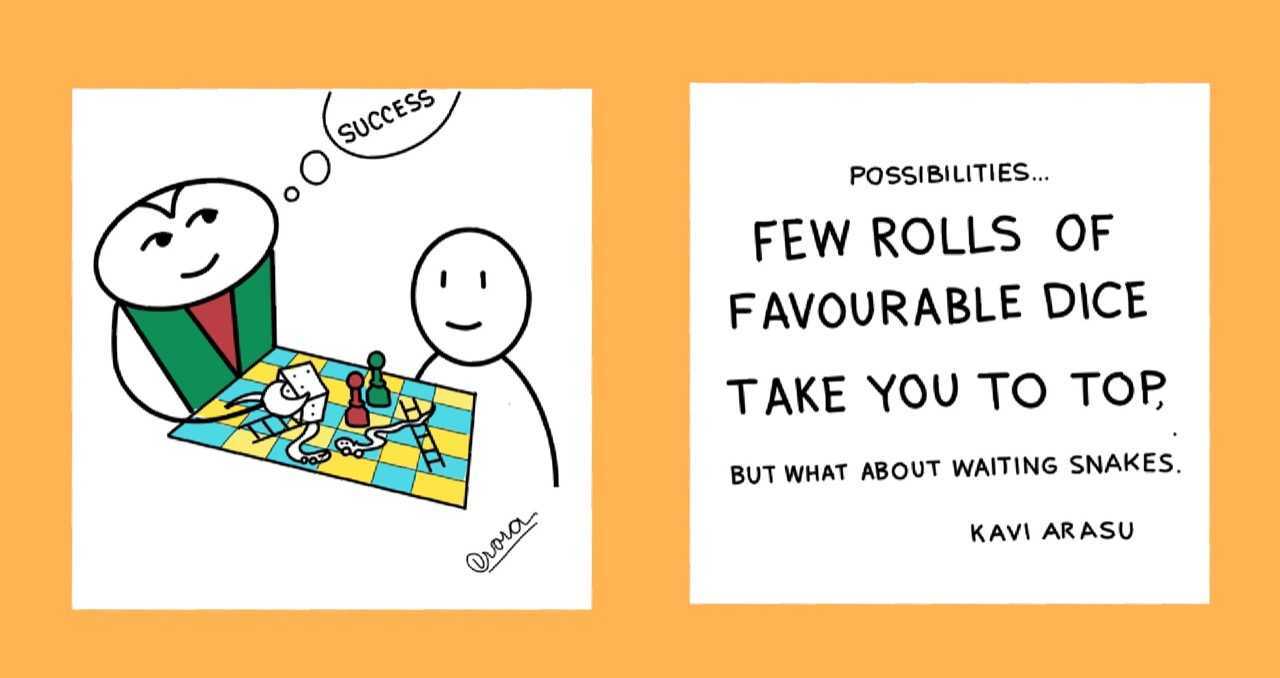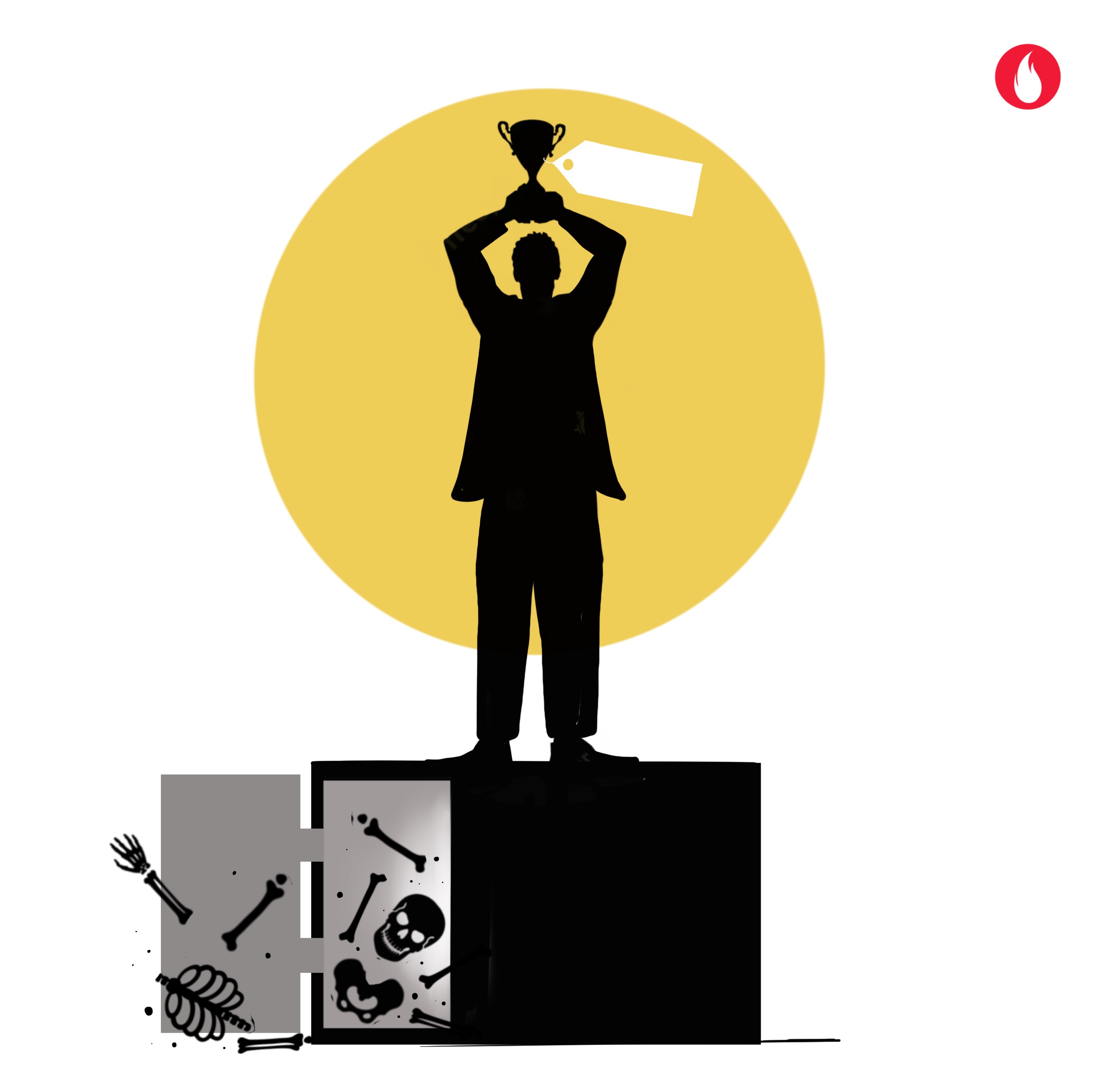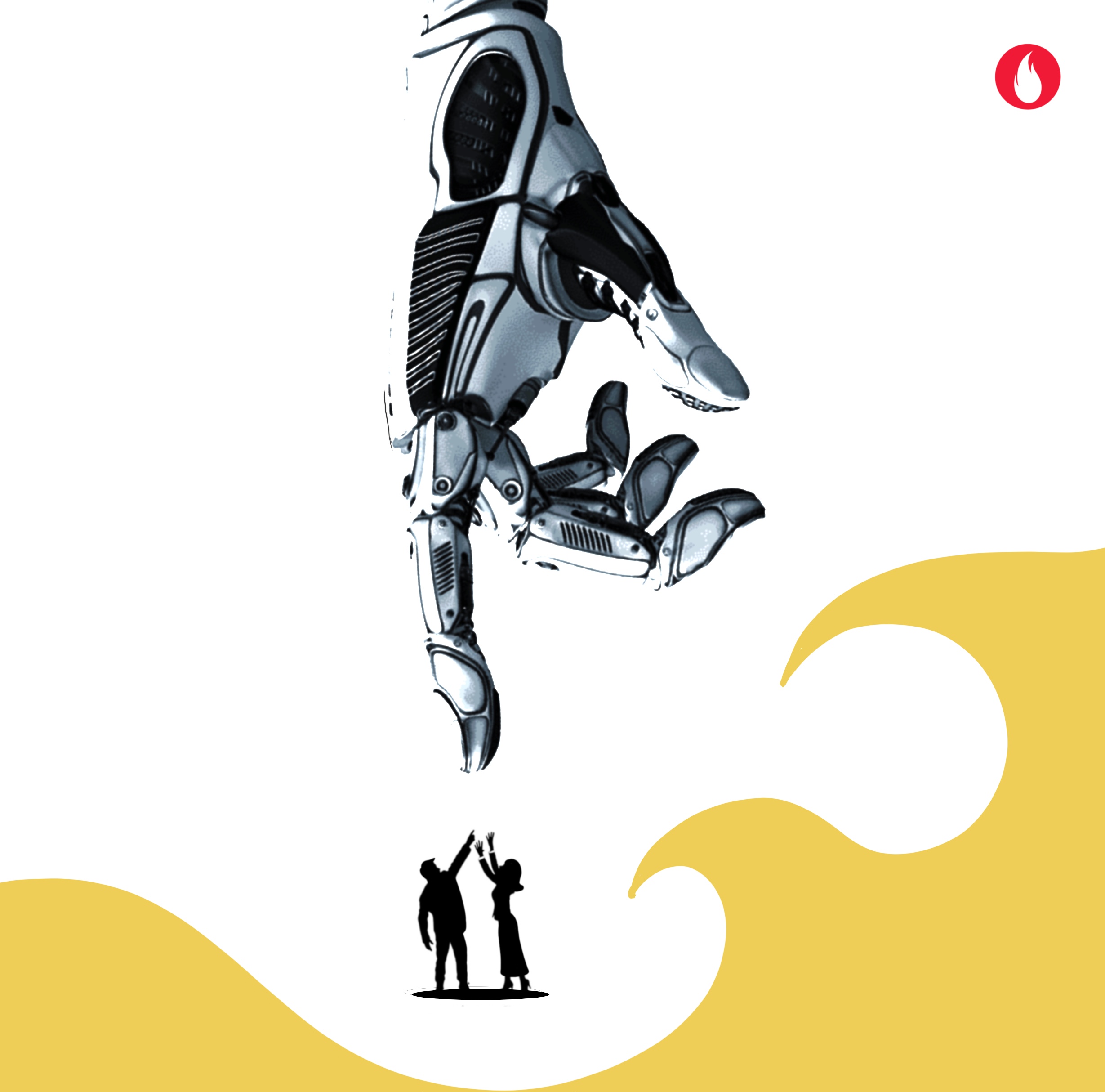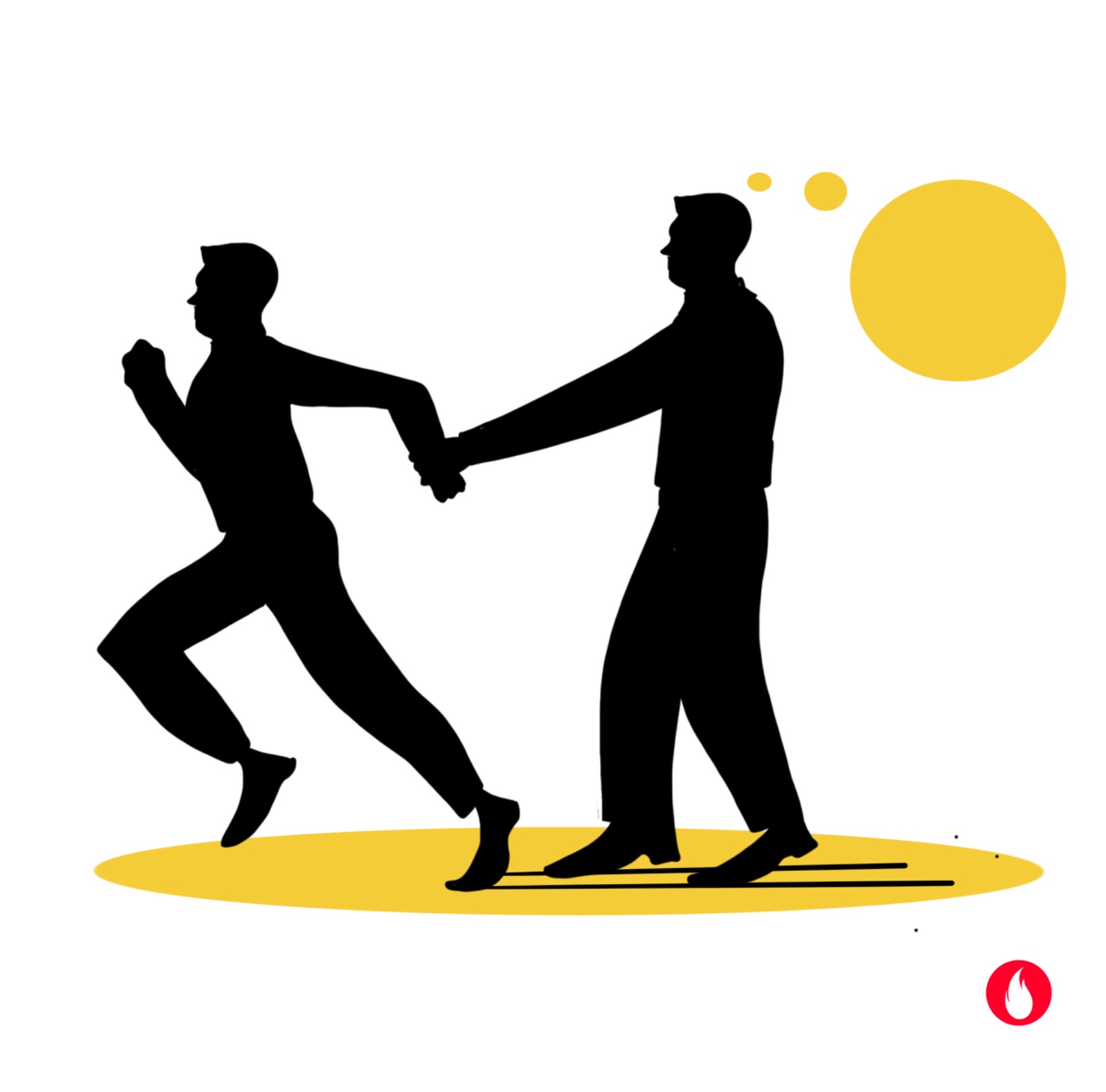The earliest board game that I played was Snakes and Ladders. It held endless fascination. The tantalising possibility that with a few favourable rolls of a dice, I could go to the top of the table used to keep me at the game forever. My grandmother, would tell me whenever I was in haste to get up there, ‘the snakes are waiting’! I remembered her and the game, when discussing the ways of the world! And got reminded of the cobra from the British times.
The story goes like this. Picture 18th century Delhi. A city rich with life and art. One element that kind of stung: the city was rife with cobras. The British rulers came up with an ingenious idea for getting rid of them. They promised a good reward for dead cobras. People killed cobras and their numbers went down. Initially, everything went well. The streets saw lesser of cobras!
There was just one problem. The number of dead cobras that people kept redeeming for rewards just didn’t go down, even when there weren’t as many cobras in the streets.
Some searching revealed what was at work. Rewards for dead cobras simply meant that people had started rearing cobras and killing them to claim rewards. Having figured this, the government discontinued the bounty on dead cobras, leading to the people letting the cobras they were rearing at home, on to the streets!
Rodents and Rewards
What the British did to Cobras in Delhi, the French did to rats in Hanoi. In 1905, when the rats of Hanoi ran amuck, the French put a bounty on killing them. People could redeem their reward by presenting the rat’s tail as evidence.
People figured that chopping off just the tails of rats (and not kill them) would ensure a perpetual supply of rat progeny and rewards!
German Economist Horst Siebert in his book Der Kobra-Effekt called this the Cobra effect. After the famous Cobras of British ruled Delhi! Easy quick fixes to large challenges result in way more dire situations than before. We see it all around us. Its not as though that such thinking stopped with the colonial empires of the British and French!
The European Union, in 2005 launched a scheme to cut down greenhouse gases. It was simple. The EU put a price on pollutants and started rewarding companies that disposed off known pollutants. Next you know, companies were using even more harmful effluents just so that the known and listed pollutants are disposed off. And they could claim the carbon credits!
In a more recent case, when a reward of $100 was offered for blood plasma of people recovering from COVID, college students exposed themselves to COVID in the hope that they could claim the $100!
The list is long. In fact, it’s a never ending list. It goes far beyond that and definitely far beyond rats and snakes. The roll of a dice works for a board game of Snakes and Ladders! Relegating our future to simplistic thinking is akin to, if not worse than, a roll of a dice.
Sidestepping Snakes & Ladders, Cobras and Rats
I often view the Cobra effect as something that extends all the way into our personal lives as well. Do you recall taking a quick (& obvious) decision only to find that it provided you immediate results but had other unintended consequences? I certainly do!
So, what can we do? Well here are two ideas. (Certainly not a comprehensive list that could include systems thinking, mental models, second level thinking etc).
First off, there are no easy ways or answers to a significant problem. The problem usually has multiple nodes and connections. When the solution seems obvious, remind yourself that there are aspects that are beyond the obvious that need to be discovered. Some parsing of the mind is important. The compulsions of the present affecting an eternity, is a story of our times!
Number two. Questions. Questions, questions, questions! The more obvious the solution, the more time that needs to go in coming up with better questions to examine the ground. Suzy Welch’s 10-10-10 format is of particular interest to me. She recommends three questions.
a. How will I feel about this decision in 10 minutes?
b. How will I feel about this in 10 months?
c. How will I feel about this in 10 years?
Keep of those three questions when there is an impulse decision. It will come in super handy! I speak of that from personal experience.
What do you think?

The OWL Despatch
The OWL Despatch is a labour of love. Every fortnight I share five interesting pieces that I stumbled across on the web. Stuff that made me pause and ponder and helps make sense of what’s blowing in the wind. This is edition number Seventy Four..
- Time Confetti and the Broken Promise of Leisure. – “We have more time for leisure than we did fifty years ago. But leisure has never been less relaxing.”
- Nine valuable lessons we learned in 2020 – “When you have different perspectives, backgrounds, and experiences, you have new ideas.”
- Trends for 2021 – “Demand for online tutorials and how-to videos rose dramatically from March 2020, with Google reporting a 65% increase in watch time for “step by step” and“for beginners” videos.
- The joys of being an absolute beginner – for life – “The phrase ‘adult beginner’ can sound patronising. It implies you are learning something you should have mastered as a child. But learning is not just for the young”
- Circle of Competence 101 – “A Circle of Competence is built over time. It is built through experience, reading, dedicated study, and effort. “
As I sign off a world of thanks to Deepak, who did the illustration. Here’s wishing a super year ahead!



